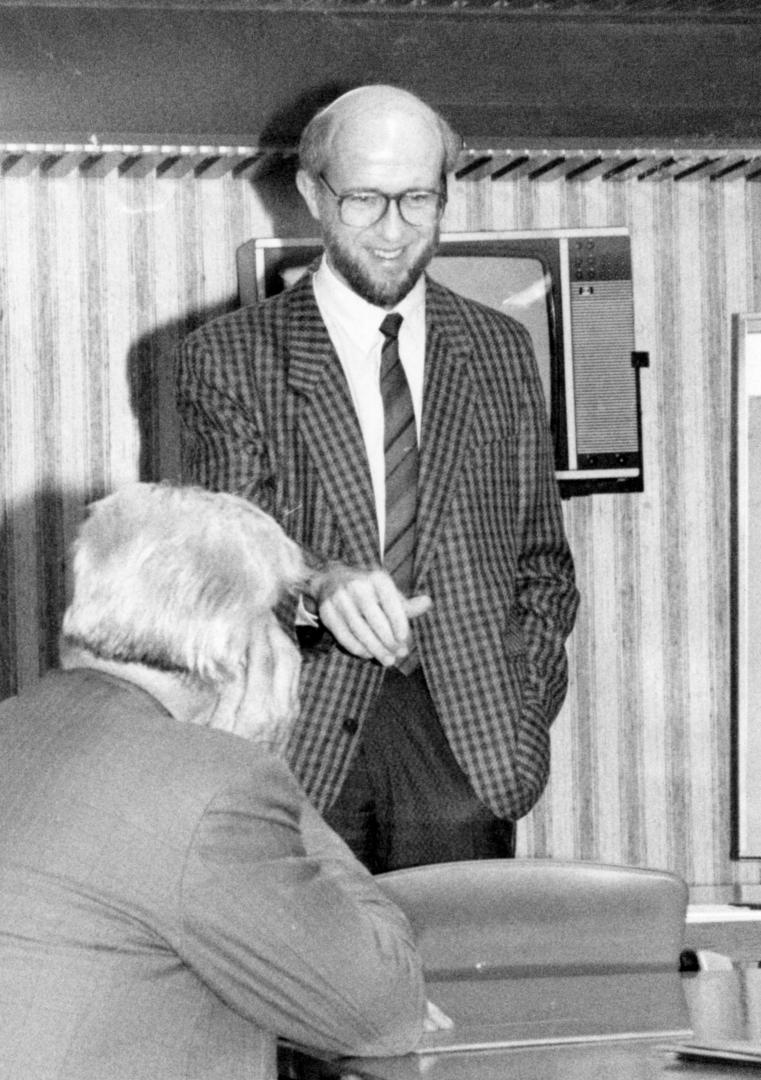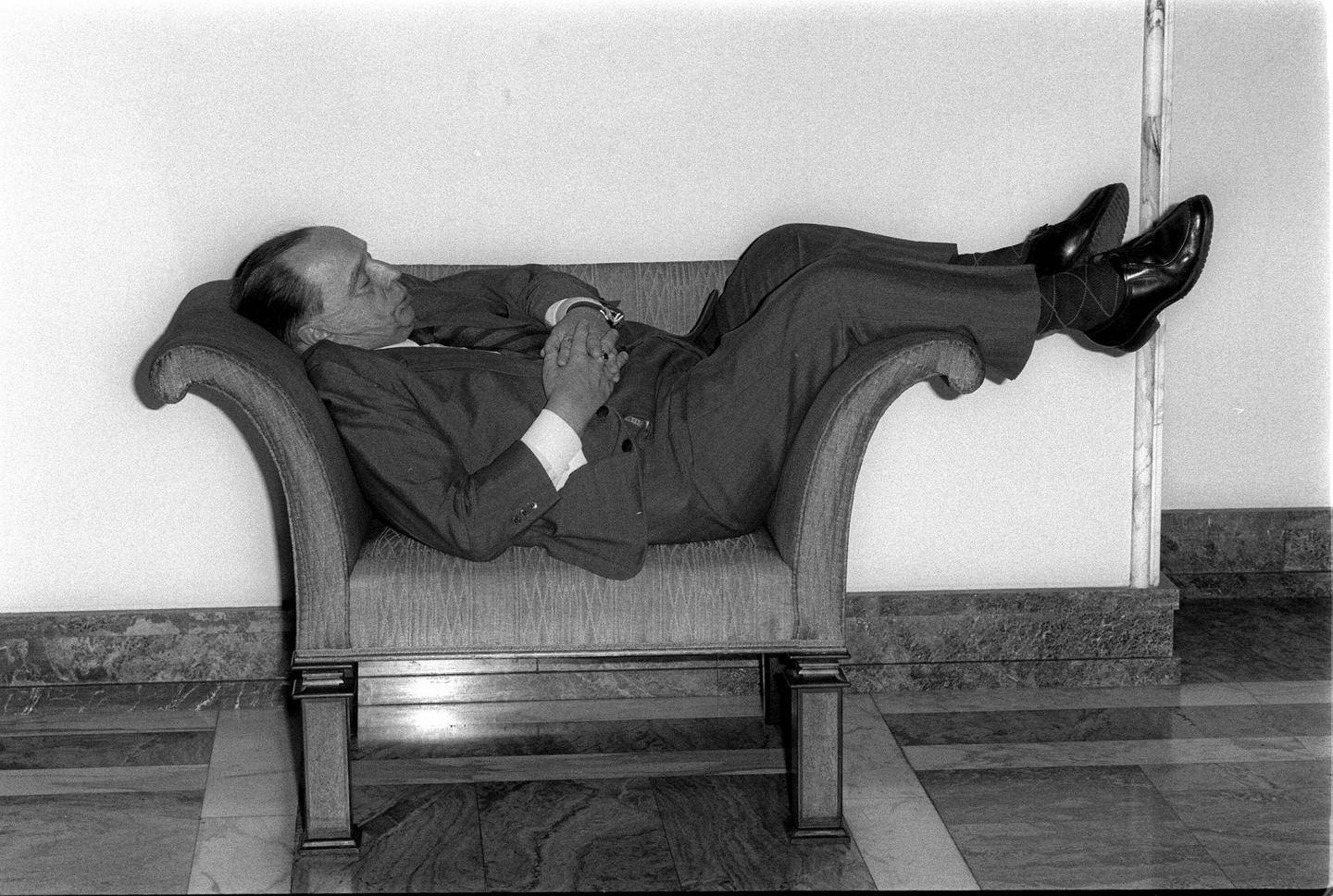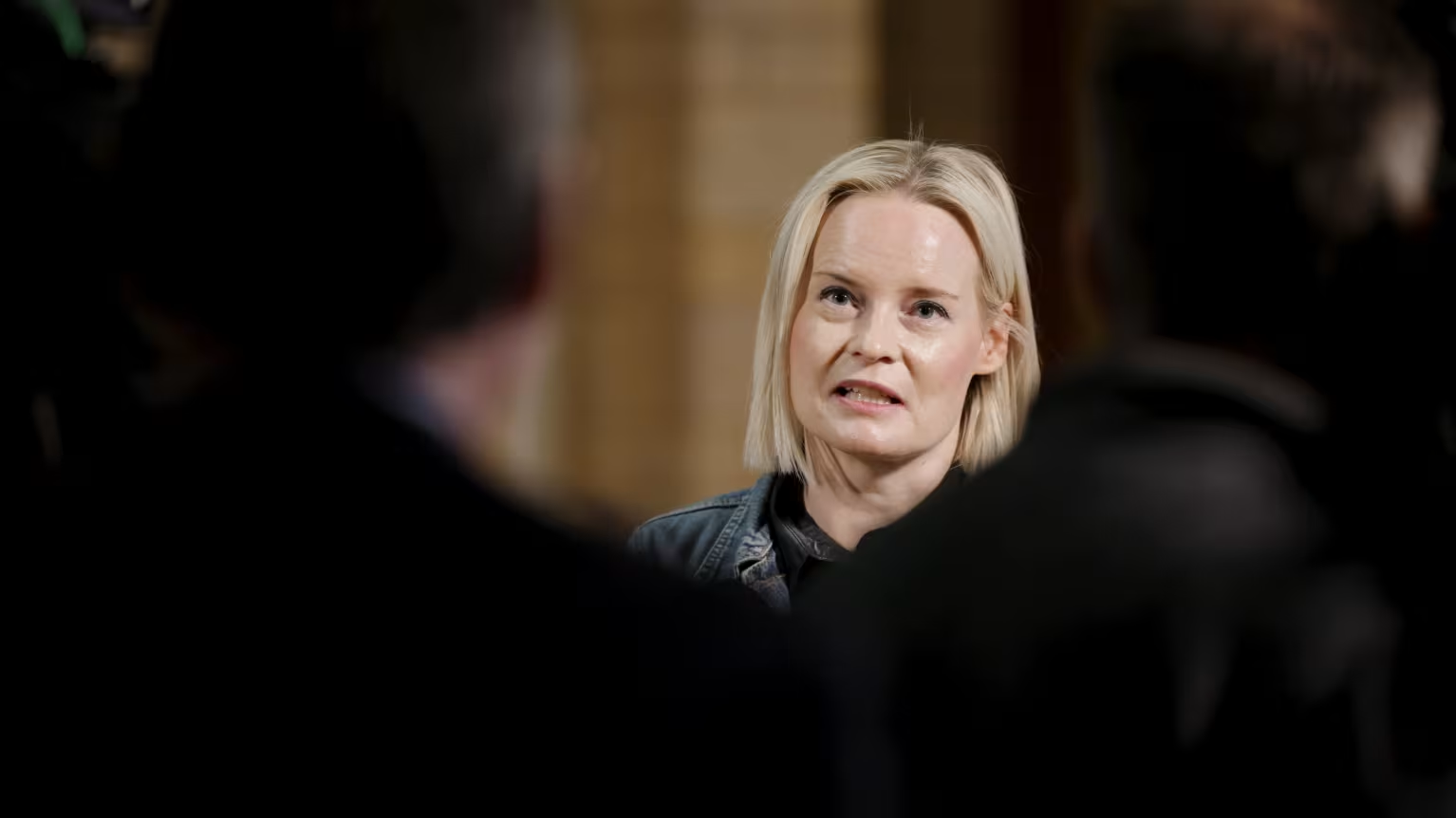After the 2011 elections, PS started negotiations with the liberal-conservative Coalition Party and the Social Democrats on joining the government. However, they ultimately decided not to participate due to their opposition to the EU bailouts in the wake of the financial crisis.
Four years later, having consolidated its position as the third largest party in the subsequent election, the PS finally joined a coalition government, this time with the Coalition Party and the agrarian Center Party. Soini took the post of foreign minister and changed the course for the party; the euroscepticism was tempered and the antielitist rhetoric moderated.
In 2017, Soini stepped down as party leader and was replaced by the more radical Jussi Halla-Aho. Halla-Aho had already made a name for himself through his blog Scripta, which demonstrated his ties to far-right movements and influences from American alt-right movements. Following this change, the leaders of the coalition partners declared their unwillingness to work with the PS under Halla-aho’s leadership. Consequently, all PS ministers departed the party, forming a new parliamentary group called Blue Reform. This move allowed the coalition government to persist, while the PS transitioned into the opposition.
Blue Reform failed to enter parliament after the 2019 elections, while PS once again performed well with the voters. The party had a campaign video showing a “pissed-off monster” who attacks the country’s traitorous leaders. In 2021, Riikka Purra took over the leadership and in 2023 led the party to its best result ever: second largest with 20 percent of the votes. PS then entered government for the second time, now with the Coalition Party, the Christian Democrats and the Swedish People’s Party. PS currently holds seven posts in the government.
In recent years, PS have suffered some minor splits of more radical elements. MP Anto Turtianien was expelled in 2020 following a racist tweet, and subsequently formed a pro-Russian party (Power Belongs to the People) with neo-nazi connections. Following a split in the youth organisation of PS, another minor fascist party was established: Blue-And-Black Movement (SKL). The leader of the youth organisation, Toni Jalonen, left PS after he had called himself a “fascist” at a meeting. He had previously received criticism for posting a tweet with a picture of a black family with the comment: “vote for the True Finns Party so this does not become Finland’s future”.







